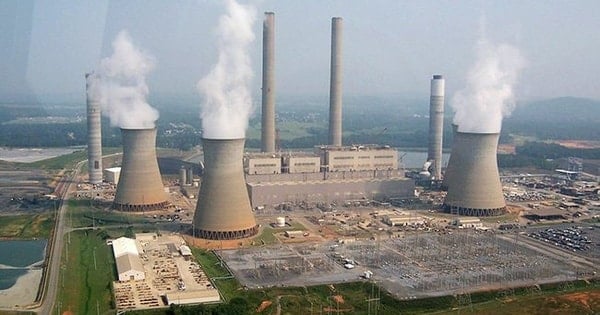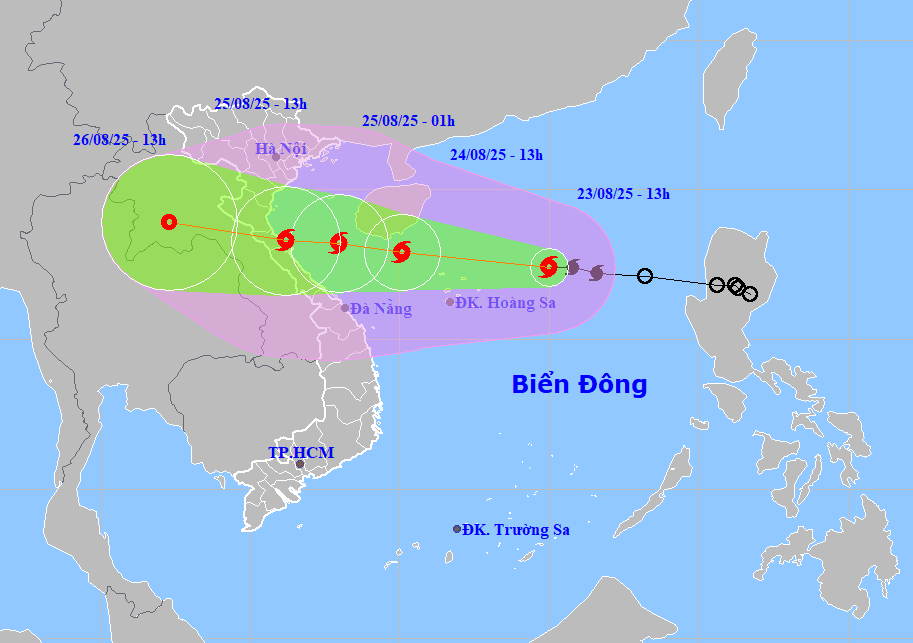Some of China’s biggest property developers are in trouble and looking to restructure their debts. But the problem is getting worse, with demand drying up in the property market, and the bigger question is how badly the economy and financial sector will be hit if some of these property giants collapse.
All eyes are now on Evergrande, the heavily indebted company that filed for Chapter 15 bankruptcy protection in New York. Evergrande has been struggling to raise support for its plan to restructure its foreign debt.
The bankruptcy protection will buy Evergrande time. The move will temporarily prevent creditors from taking action to collect on its debts and suspend any legal proceedings against the group, which faces thousands of lawsuits and claims totaling 395 billion yuan.
The group hopes that bankruptcy protection can create a more favorable environment for it to gain approval for its debt restructuring plan and continue business as usual to complete unfinished projects.
There is precedent for this. In 2022, another Chinese real estate developer – Modern Land – filed for and received Chapter 15 recognition for its plan to restructure $1.34 billion in offshore dollar-denominated bonds.
 |
| Is Evergrande's bankruptcy filing China's Lehman Brothers? (Source: The Representative) |
Contagious effects?
One question that has been raised is whether Evergrande’s bankruptcy filing is China’s Lehman Brothers, where one company’s problems become everyone’s problems. It was the Lehman Brothers bankruptcy in 2008 that triggered a stock market crash and forced the U.S. federal government to embark on a massive bailout program to protect the rest of the financial industry.
The situation is different now. For one thing, the idea that the Chinese government would let land prices plummet is unthinkable, especially given its deep involvement in the country’s real estate sector. But there is no doubt that this episode shows that the problem is spreading beyond Evergrande and has authorities extremely worried as they try to ensure it does not become a contagion.
The story began in 2021 when Evergrande, which had debts of more than $300 billion, began defaulting. Since then, developers that account for 40% of China’s home sales have also defaulted. Most of them are private companies.
More recently, Country Garden, once China’s largest property developer by contract sales, has been on the brink of default after suspending trading of nearly a dozen domestic bonds. The company may also seek to restructure its debt.
The developments at Evergrande and Country Garden have made banks less willing to provide financing to private developers, raising concerns that this could hurt unstruggling developers at a time when property companies are struggling with weak sales.
Weak demand
Mortgage rates have eased and down payments have fallen, but demand for housing remains weak in China. New home prices fell in July after stabilizing for several months. The job market is worsening and people are not confident that the homes they are looking to buy will be delivered. It is no wonder that homebuyers are cautious.
Weak home sales have put more pressure on developers, especially those struggling with liquidity. Evergrande reported a total loss of 812 billion yuan over the past two years, with net debt rising from 627 billion yuan in 2021 to 688 billion yuan in 2022. Country Garden recently announced an estimated net loss of 45 billion to 55 billion yuan in the first half of 2023, with revenue down 35% year-on-year in 2022.
The housing liquidity crunch is spreading to state-owned developers. State-backed Sino-Ocean Group has told creditors it is working with major shareholders to manage its debt burden. China Vanke said the country’s housing market is worse than expected.
The priority for property developers is to fulfill existing commitments. Most of these businesses are either unable or unwilling to buy land and start new projects. The number of new homes built in the first seven months of 2023 fell 26% compared to the same period in 2022, while property investment fell 8.5% in July.
China's real estate sector contracted by 1.2% in the second quarter of 2023 compared to the same period in 2022. The sector and its related sectors account for nearly 14% of China's gross domestic product (GDP), meaning the slowdown in the real estate sector is a drag on the Chinese economy.
High risk
In early July, the People’s Bank of China (PBoC, the central bank) extended a special lending program to help developers complete their unfinished projects until May 2024. By the end of June, nearly a third of the country’s 343 mid-sized cities had lowered mortgage rates for first-time homebuyers, while the average mortgage rate for loans fell to 4.11% in June, from 4.62% a year earlier, according to the central bank.
However, the housing market remains weak and financial risks are rising – not only for the real estate sector, but also for the banking sector and the local government sector that has been supporting housing. This makes the need for policy easing all the more urgent.
The stakes are high. Chinese authorities must stabilize the property sector and prevent further “bleeding” by the “big guys” in the sector. Otherwise, their own ability to control risks could be questioned.
Source






![[Photo] General Secretary To Lam attends the 80th Anniversary of the Cultural Sector's Traditional Day](https://vstatic.vietnam.vn/vietnam/resource/IMAGE/2025/8/23/7a88e6b58502490aa153adf8f0eec2b2)






![[Photo] Prime Minister Pham Minh Chinh chairs the meeting of the Government Party Committee Standing Committee](https://vstatic.vietnam.vn/vietnam/resource/IMAGE/2025/8/23/8e94aa3d26424d1ab1528c3e4bbacc45)






































































Comment (0)